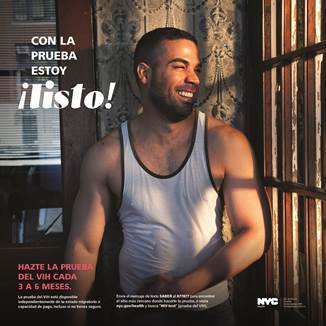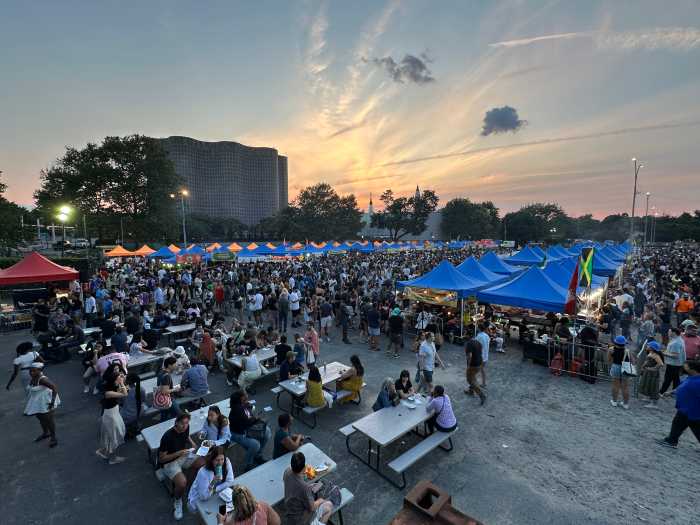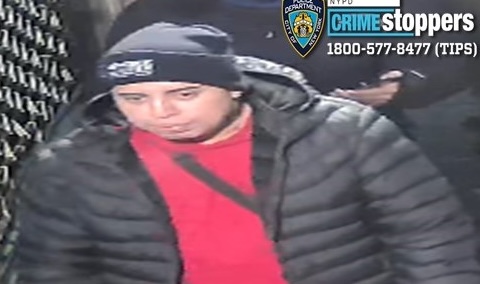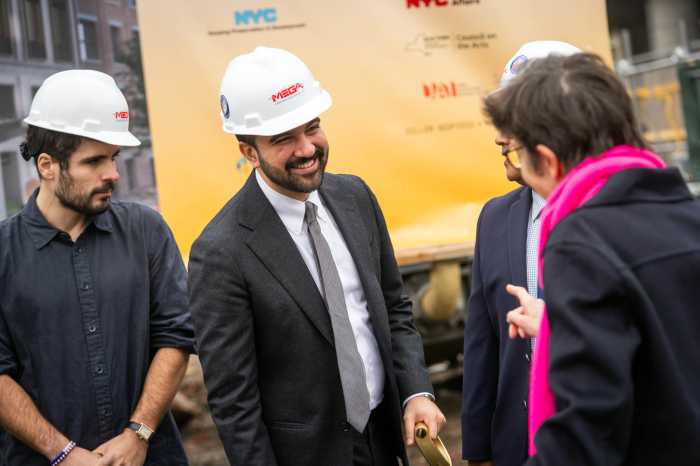In honor of National Latinx AIDS Awareness Day, representatives from The New York City Department of Health and Mental Hygiene (DOH) traveled to the Corona Sexual Health Clinic to announce two new steps in the city’s quest to end the HIV epidemic in New York by 2020.
¡Listos!, the Health Department’s first public awareness campaign to be largely released in Spanish, will be getting a second installment and the clinic, located on Junction Boulevard and serving the most Spanish-speakers out of the city’s eight sexual health clinics, will now be open five days a week. It was previously only open two.
Both efforts are specifically geared toward Latino men who engage in sexual activity with other men (MSM) and are part of Mayor Bill de Blasio’s Ending the Epidemic plan.
The plan includes a $23 million investment to reduce the number of new HIV infections, improve viral suppression rates and other health outcomes among people with HIV, strengthen the city’s STI prevention infrastructure and dismantle HIV stigma – all using a racial justice and health equity approach.
“As Latino gay and bisexual men, at times we don’t have a voice,” said Mauricio F. Espinoza, program coordinator at Mount Sinai Institute for Advanced Medicine. “But it is great to know that we are not alone and that we have allies to fight for us and provide us with new and innovative ways to take care of ourselves and our sexual health.”
Increased hours also mean increased services at the Corona Sexual Health Clinic. Patients at the clinic will now be offered same-day initiation of pre-exposure prophylaxis (PrEP), a safe, daily pill that greatly reduces the risk of HIV infection. The clinic also provides express STI testing, immediate initiative to HIV medication, counseling services and quick access to contraception.
All of the city’s sexual health clinics offer low- to no-cost sexual health services to anyone 12 or older, regardless of immigration status or insurance coverage.
The number of newly diagnosed people with HIV in the city is slowly going down, according to numbers released by the Health Department last year. But gay and bisexual latino men make up a disproportionally large number of newly diagnosed HIV patients. In 2016, gay and bisexual latino men accounted for 20 percent of all new HIV diagnosis in New York City, according to DOH.
“Not only does this effort provide a practical medical response but it battles the stigma and information gap which, when it comes to HIV and AIDS, are potentially deadly actors themselves,” said Councilman Francisco Moya. Fear and stigma still remain a major issue in the HIV prevention and treatment.
New posters of embracing couples will wallpaper subway stations soon in order to encourage more New Yorkers to ask themselves if they are ready to know their status.































